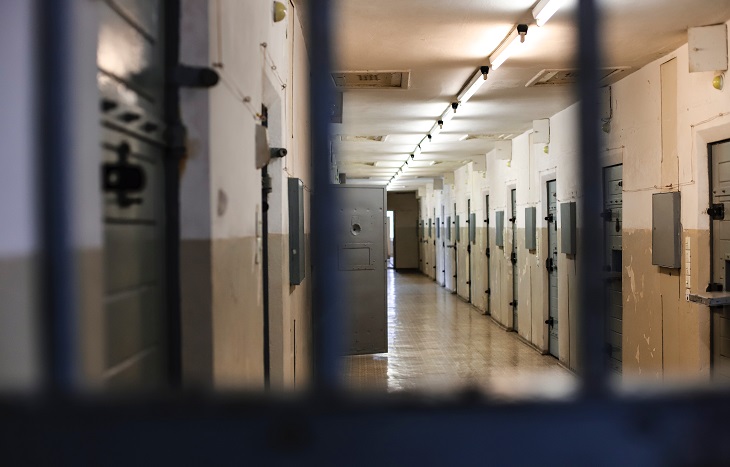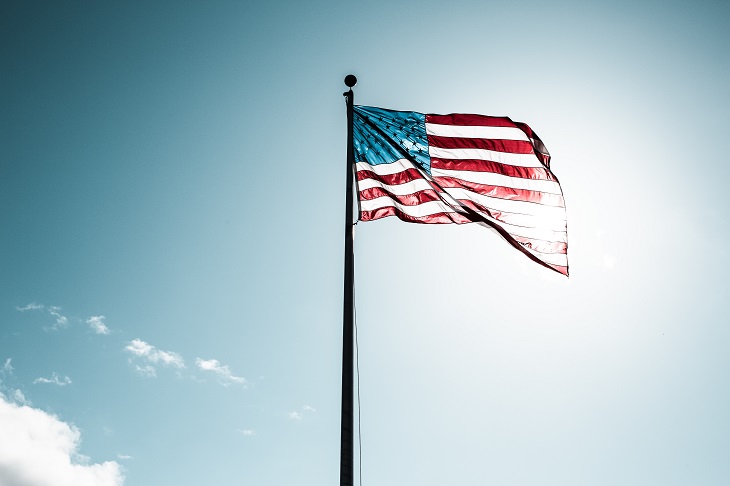The current pandemic has caused a lot of government operations to come to a standstill. Many sectors have been hyper-focused on addressing the rising numbers of COVID-19 and efforts to slow transmission of the virus.
One such reform that has taken a back seat is medical marijuana. A planned vote that was supposed to take place in September has been postponed, and it’s possible that it won’t be back on the table until after the much-anticipated 2020 election. So, what does this mean for medical marijuana reform in the United States?
Federal legalization 2020 could have some roadblocks
Prior to the onset of the pandemic, many states had introduced a bill to decriminalize marijuana that would allow for reform on the punishments received for those in possession. With the virus causing many committees to adjourn, it’s not clear when they will be available for the vote.
Medical cannabis programs had also been introduced in states including Alabama, Georgia, Indiana, Iowa, Kansas, Kentucky, Mississippi, Nebraska, North Carolina, South Caroline, Tennessee, and Wisconsin, but all have adjourned early, with some bills dying before they could even get off the ground.

The MORE Act
The Marijuana Opportunity Reinvestment and Expungement Act was proposed in 2019 in efforts to take cannabis out of the Controlled Substances Act, thus leading to lessened criminal punishments for use and possession for both the future and for those with prior or pending convictions. It would also pave the way for funding and grant programs for small businesses in the industry.
As of writing, 33 states have opted into allowing the use of medical marijuana for a variety of conditions, but with the stall of the marijuana legalization vote, it’s not certain when the others will follow suit.
What the new marijuana legislation will mean
For many Americans, especially people of color or those in certain disenfranchised communities, the need for legalization of marijuana is particularly important. Statistics have shown that certain communities are more susceptible to facing harsher penalties for marijuana related offences, which in turn threatens their ability to progress throughout their life. For those with drug-related offenses surrounding the use of marijuana, this could mean serving prison time. The new legislation aims to eliminate the chance of that altogether and impose fines instead.
Democrat Alexandria Ocasio-Cortez found the delay of the vote was based on fear and that the choice to push this particular bill could be racially motivated, and that it’s possible that there are more nefarious actions at play on behalf of the Republican party.
Why is marijuana legalization important?
Studies have shown that the use of medical marijuana can be of great benefit for people suffering from certain ailments such as cancer, chronic pain, mood disorders, and digestive dysfunction. When states continue to keep cannabis on the criminalized list of substances, it’s hard for people to access something that would help them greatly in their battle to a better quality of life.
It’s also important for certain demographics to be unafraid of the use of small amounts of marijuana, because in its current state, many people are convicted of serious offences when it is not necessary. This increase in both fear and risk leads to less regulation, more opportunity for harmful chemicals to be added to marijuana, and increased danger when purchasing. Research has also found that the use of marijuana recreationally among adults was less of a risk in terms of long-term effects than the long-term recreational use of alcohol.

Because there is no definitive timeline for when the COVID-19 pandemic will be over, especially with cases still on the rise in many areas, it’s not likely that the bills will be introduced prior to election day. This delay in voting has also had an impact on the tension between the Republic and Democratic parties, as well the racial divide that the country currently finds itself in. Many communities who fall victim to the unfair marijuana laws are predominantly people of color, as are many people who have already been convicted for cannabis-related offences.
Medical marijuana reform is needed in all states to ensure that there is racial equality and access to proper medical care if someone so requires it, and these bills, if passed, will help bridge those gaps.
